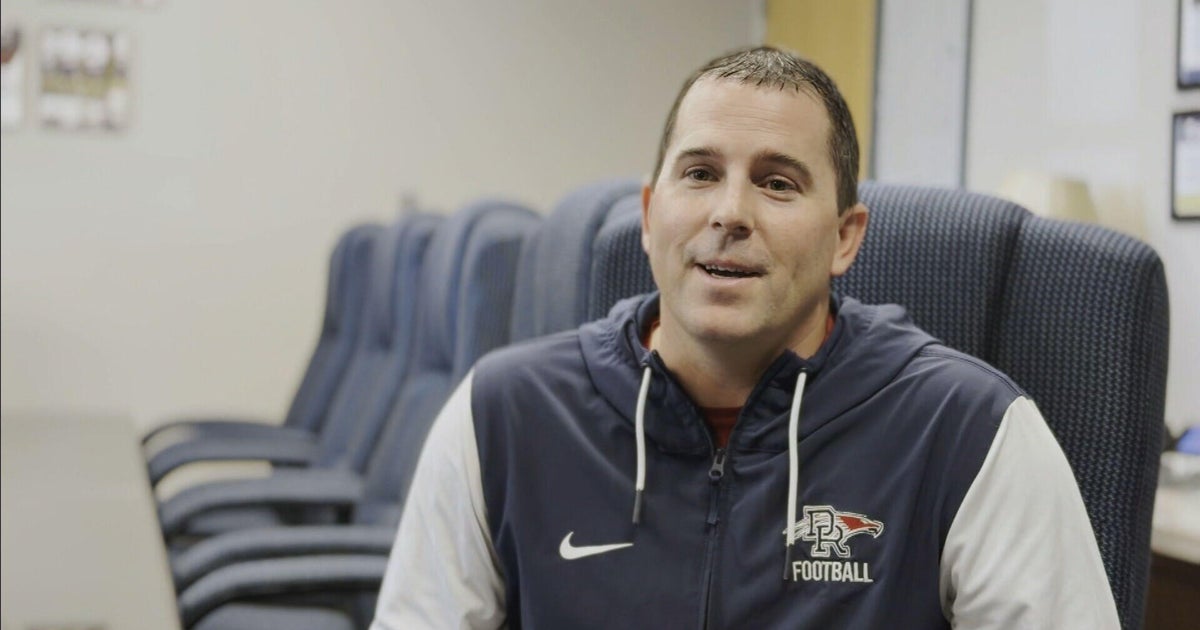BU Researchers May Be Able To Detect CTE In Living Patients
BOSTON (CBS) -- The biggest hurdle in the study of chronic traumatic encephalopathy (CTE) has been the issue of it only being discoverable in the brain of a deceased patient. That may not be a problem for long.
Researchers from Boston University's CTE Center announced Tuesday that they may have found a way to detect CTE in living patients.
If the method proves to be reliable, testing could seemingly save innumerable athletes -- from high school through the professional ranks -- from enduring undue head trauma in their lives.
The BU School of Medicine said that it examined the brains of 23 former college and professional football players, and compared them to the brains of 50 non-athletes with Alzheimer's disease and 18 non-athletes (as a control group).
"They observed that [biomarker] CCL11 levels were normal in the brains of the non-athlete controls and non-athletes with Alzheimer's disease, but were significantly elevated in the brains of individuals with CTE," the release said. "They then compared the degree of elevation of CCL11 to the number of years those individuals played football and found that there was a positive correlation between the CCL11 levels and the number of years played."
Researchers also found the elevated CCL11 levels in deceased patients with CTE to hold true in the cerebrospinal fluid of post-mortem samples.
The news is a significant step forward, but it's not yet a fully reliable marker at the moment. As BU explained, more studies are needed to determine "whether increased levels of CCL11 are an early or late finding in the CTE disease process."
Still, the development represents a significant step forward in CTE research. Concussions have dominated discussions surrounding the NFL over the past decade, including last week, when researchers announced that CTE had been found in Aaron Hernandez after he committed suicide in a Massachusetts prison. Hernandez joined a list with Junior Seau, Ken Stabler, Jovan Belcher, Chris Henry, Mike Webster, Frank Gifford, Dave Duerson, Justin Strzelczyk and several more former NFL players in whose brains CTE was found after their deaths.
But the potential impact of this development could potentially reach millions of athletes in a variety of sports who have suffered varying levels of brain trauma.
"The findings of this study are the early steps toward identifying CTE during life," said Dr. Ann McKee, director of BU's CTE Center and chief of neuropathology at the VA Boston Healthcare System. "Once we can successfully diagnose CTE in living individuals, we will be much closer to discovering treatments for those who suffer from it."







